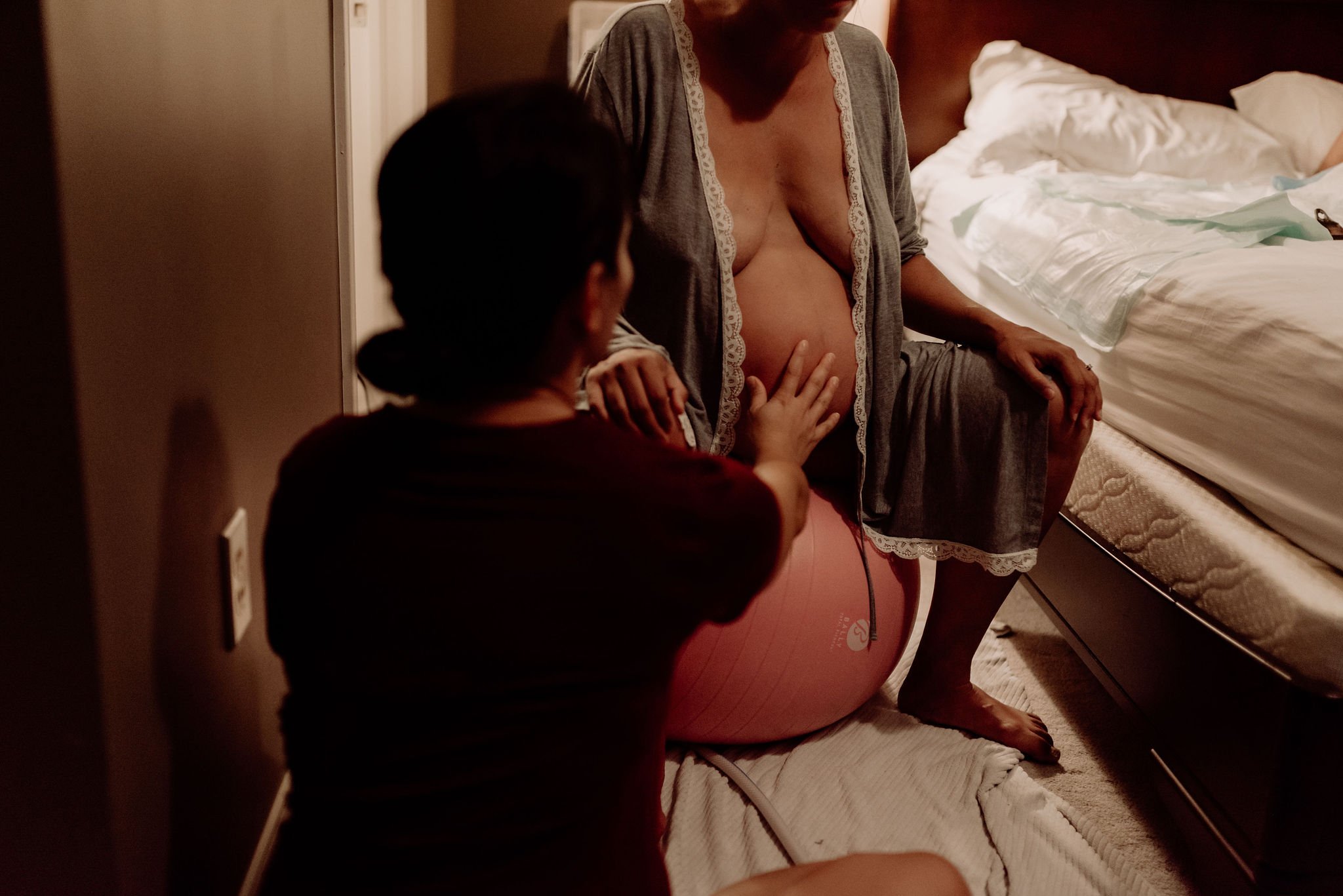“Losing It” in Labor
Generally speaking, most of us try not to “lose it” too often. Especially in public, but even sometimes when we are alone, we tend to do everything we can to avoid engaging in the uncontrolled, spontaneous behavior (yelling or crying or stomping or flailing) that “losing it” suggests. “Pull yourself together!” or “Get hold of yourself!” – these might be the responses we give ourselves or hear from others when we are losing it or on the verge of doing so. And there’s a certain logic to this: such behavior is in some ways deeply antisocial, and can strain or disfigure the interaction in which you are involved in the moment.
However, in the context of labor and childbirth, “losing it” can actually be quite beneficial. Giving birth is one of the most profound acts of letting go one can experience – and it’s a letting-go that happens at least in part involuntarily, no matter what our desires or intentions. In birth, we are not just releasing a tiny human into the world, but also letting out tears (among other fluids!), noises, dreams, expectations, and more! In such a context, “holding it together” can not only feel impossible but may also hinder the essential processes of surrender. After all, how can we let go if we’re holding it together?
Coping during labor can take many forms. Understandably, many expectant parents aim to cope in ways that look and feel calm, cool, and collected. But sometimes, more dramatic, primal expressions are what’s truly needed to navigate this intense experience. Labor sometimes involves big, seemingly-uncontrolled movement, vocalization, and expression that might defy the social norms and conventions of everyday life – and the unspoken rules we have for our own conduct and appearance. It’s important to understand that these types of behaviors are also COPING, and they’re just as valid as quiet breathing, low moaning, or rhythmic swaying.
When we invite parents to explore the full range of what “coping” can look like during labor, we open up a world of possibilities. Such inquiry creates space for them to grant themselves permission to express whatever they need in the moment, in whatever way it comes to them. It also helps partners develop realistic expectations about the birthing experience, equipping them to offer genuine support. Embracing the concept of “losing it in labor” fosters self-compassion for parents, allowing them to prepare for whatever unfolds during this transformative journey. By redefining how we perceive coping in labor, we encourage an authentic, practical, and open approach to the experience of childbirth, where vulnerability can coexist with strength.





